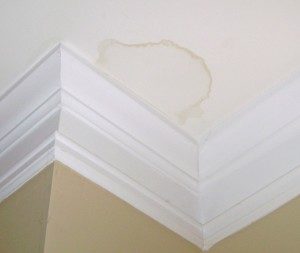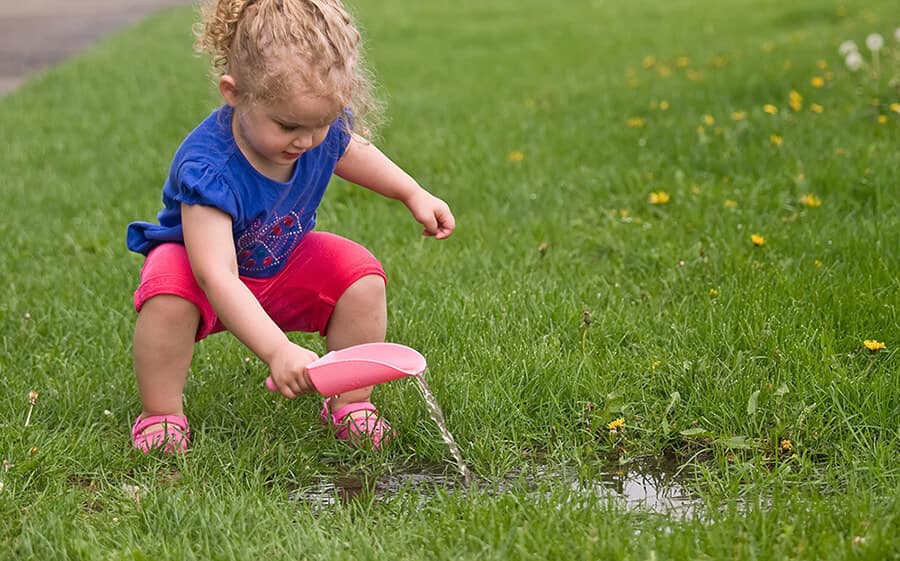The Home's Primary Common Leak Factors: Analysis
The Home's Primary Common Leak Factors: Analysis
Blog Article
Almost everyone will have their personal ideas on the subject of How to detect water leaks in your home.

Leakages not only create waste of water but can additionally cause unnecessary damage to your home and advertise unwanted natural growth. By looking and also understanding for day-to-day situations that trigger leaks, you can safeguard your house from future leakages and unnecessary damage.
Instant temperature level modifications.
Severe temperature level adjustments in our pipes can create them to broaden as well as acquire all of a sudden. This growth as well as tightening might cause fractures in the pipes, especially if the temperature level are below freezing. If you kept an eye on how your plumbing works, it would be best. The presence of the previously stated conditions regularly shows a high danger.
Corroded water systems
This might be the cause of staining or warping on your water pipelines. If our plumbing system is old, take into consideration changing the pipes since they are at a higher risk of corrosion than the more recent models.
Malfunctioning Pipeline Joints
The factor at which your pipelines link is frequently the weakest web link in the waterline. Pipe joints can weaken over time, leading to water leaks. The bulk of pipeline joints are not quickly noticeable. If you have noisy pipelines that make ticking or banging noises, specifically when the warm water is activated, your pipe joints are probably under a great deal of stress. It is advisable to have your plumber check your system once a year.
Elbowing in origins
Most water leaks begin outside the home instead than inside it. You might observe wet patches or sinkholes in your backyard, and that may mean that tree roots are attacking water lines causing water to leak out.
Poor Water Connectors
At times, a leakage can be caused by loosened tubes as well as pipelines that provide your devices. In situation of a water connections leak, you might observe water running directly from the supply line or pools around your home appliances.
Clogged Drains
Obstructed drains pipes might be bothersome and inconveniencing, yet they can in some cases wind up triggering an overflow leading to rupture pipes. Keep getting rid of any type of products that may decrease your drains pipes that could block them to stay clear of such hassles.
All the above are sources of leakages however not all water leakages arise from plumbing leaks; some leaks may come from roofing leakages. All leakages should be repaired instantly to stay clear of water damage.
Leakages not just trigger waste of water yet can also trigger unnecessary damages to your home and also promote undesirable natural growth. By looking and also comprehending for everyday situations that trigger leakages, you can protect your residence from future leakages as well as unneeded damages. Today, we will look at six leak creates that might be creating your pipelines to leak.
At times, a leakage can be triggered by loosened hoses as well as pipes that provide your appliances. In instance of a water links leak, you may notice water running directly from the supply line or pools around your home appliances.
How To Check For Water Leak In Your Home
How To Check for Leaks
The average household's leaks can account for nearly 10,000 gallons of water wasted every year and ten percent of homes have leaks that waste 90 gallons or more per day. Common types of leaks found in the home are worn toilet flappers, dripping faucets, and other leaking valves. These types of leaks are often easy to fix, requiring only a few tools and hardware that can pay for themselves in water savings. Fixing easily corrected household water leaks can save homeowners about 10 percent on their water bills.
To check for leaks in your home, you first need to determine whether you're wasting water and then identify the source of the leak. Here are some tips for finding leaks:
Take a look at your water usage during a colder month, such as January or February. If a family of four exceeds 12,000 gallons per month, there are serious leaks.
Check your water meter before and after a two-hour period when no water is being used. If the meter changes at all, you probably have a leak.
Identify toilet leaks by placing a drop of food coloring in the toilet tank. If any color shows up in the bowl after 10 minutes, you have a leak. (Be sure to flush immediately after the experiment to avoid staining the tank.)
Examine faucet gaskets and pipe fittings for any water on the outside of the pipe to check for surface leaks.
Undetected water leaks can happen without the home or business owner even realizing. If you suspect a water leak, but not able to find the source. It is time to contact a professional water leak detection service, The Leak Doctor.
How To Find a Water Leak In Your Home
https://www.leakdoctor.com/blog/How-To-Check-For-Water-Leak-In-Your-Home_AE197.html

I stumbled upon that write up on Top Causes of Home Water Leaks while doing research the web. Be sure to take the time to promote this content if you enjoyed reading it. Thanks so much for your time spent reading it.
Dial, we'll handle! Report this page